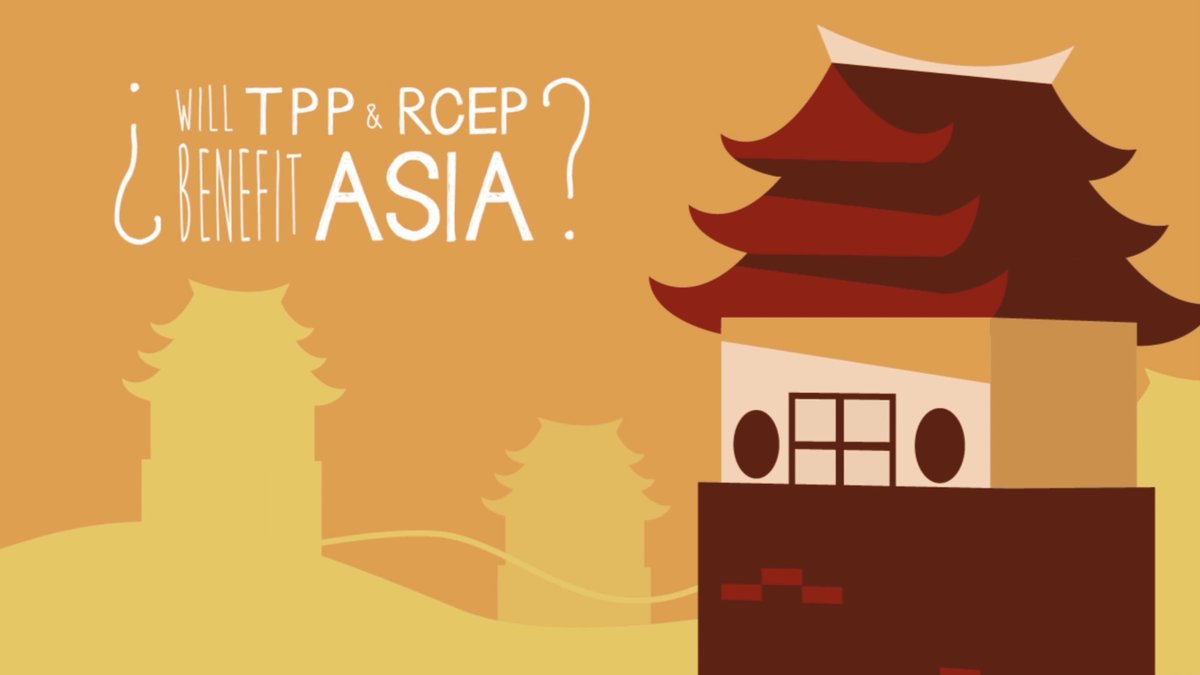Trump’s decision to junk Trans-Pacific Partnership an opportunity for India
Livemint | 25 January 2017
Trump’s decision to junk Trans-Pacific Partnership an opportunity for India
US president Donald Trump’s decision to withdraw from the Trans-Pacific Partnership (TPP) that his predecessor Barack Obama pioneered may comfort India and pave the way for a more balanced outcome of the ongoing trade negotiations for the Regional Comprehensive Economic Partnership (RCEP).
Trump’s focus on signing bilateral trade deals to maximize gain and his “Buy American and Hire American” policy may, however, prove counter-productive to India’s interests.
TPP is a trade agreement under negotiation among 12 nations: Australia, Brunei, Chile, Canada, Japan, Malaysia, Mexico, New Zealand, Peru, Singapore, the US and Vietnam, which together account for 40% of the world’s gross domestic product (GDP). Although the deal is aimed at countering China’s influence in international trade, India feared that it could adversely affect the country through trade diversion and stringent non-tariff measures.
Trump, in his first full day in office, on Monday signed an executive order abandoning TPP.
“On trade, I am going to issue a notification of intent to withdraw from TPP, a potential disaster for our country. Instead, we will negotiate fair, bilateral trade deals that bring jobs and industry back on to American shores,” Trump said in a video message posted from his Twitter handle in November.
TPP is considered to have set the gold standard on trade and was part of Obama’s “pivot to Asia policy” to counter the growing role of China in setting the global trade agenda.
India’s trade minister Nirmala Sitharaman, speaking on the sidelines of an event organized by at the sidelines of the curtain raiser conference of the the commerce ministry and the Confederation of Indian Industry, said India is watching the developments.
“What the new US administration is doing is probably what they have spoken during the election as part of their campaign. Since India is not a part of TPP, we can only observe what is going on,” she said.
“TPP was not good for India. Its death at the hands of US Admn signals new opportunities. Can India seize the advantage,” Sanjay Bhattacharya, India’s ambassador to Egypt, wrote on Twitter.
With the collapse of TPP, China could be more friendlier with RCEP member countries to conclude the deal at the earliest. “However, we will be on our guard, a commerce ministry official said, requesting anonymity.
RCEP comprises the 10 economies of the Asean region (Brunei, Cambodia, Indonesia, Laos, Malaysia, Myanmar, the Philippines, Singapore, Thailand and Vietnam) and six of its free-trade partners (Australia, China, India, Japan, New Zealand and South Korea).
The grouping envisages regional economic integration, leading to the creation of the largest regional trading bloc in the world, accounting for nearly 45% of the world’s population and with a combined gross domestic product of $21.3 trillion.
The regional economic pact aims to cover trade in goods and services, investment, economic and technical cooperation, competition and intellectual property.






